Nanubhai Vakil
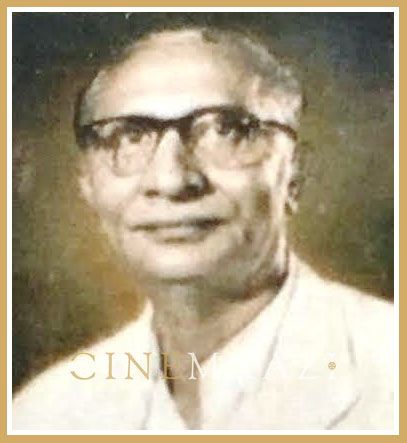
Subscribe to read full article
This section is for paid subscribers only. Our subscription is only $37/- for one full year.
You get unlimited access to all paid section and features on the website with this subscription.
Not ready for a full subscription?
You can access this article for $2 , and have it saved to your account for one year.
- Born: 23 May, 1902 (Bulsar, Gujarat)
- Died: 29 December, 1980
- Primary Cinema: Hindi
- Parents: Bhimbhai Desai
Producer-director Nanubhai B Vakil is memorable for directing the first Gujarati talkie film - Narsinh Mehta (1932), a biopic based on the life of the eponymous saint-poet. Starting with silent films in the late 1920s, he graduated to talkies and was active until the mid-1960s. He also remade several silent films. Directing several Gujarati and Hindi films, a few of his major works are Veer Pujan (1929), Ranakdevi (1930), Albeli Mumbai (1931), Nand Ke Lala (1934), Mr and Mrs Bombay (1936), Naya Zamana (1943), Baghdad Ka Chor (1946), Yahudi Ki Beti (1956), Lal E Yaman (1956), Flying Ranee (1959), Alamara Ki Beti (1960), and Idd Ka Chand (1964). He went on to produce Flying Man (1947), Desh Seva (1948), and Hatimtai Ki Beti (1955).
Born on 23 May, 1902 in Bulsar, Gujarat, he was educated in Bombay, where he graduated as a lawyer in 1926. Entering the film industry, he started work as a scenarist at Sharda Film. He then moved on to Chandulal Shah’s Jagdish Film. He went on to become a prolific director at Ranjit (silent) and Sagar (sound), helming several films for the studio. The credit for directing the first Gujarati sound feature, Narsinh Mehta, goes to him. It was based on the life of the 15th-century poet-saint of Gujarat, who was notable as a bhakta, an exponent of Vaishnava poetry, and is acclaimed as Adi Kavi (Sanskrit for "first among poets"). The film featured Master Manhar as Narsinh Mehta, with Umakant Desai as Krishna, Mohan Lala as Ra Mandlik, Khatun as Kunwarbai, Master Bachu as Kunwarbai's husband, Miss Jamna as Manekbai, and Miss Mehtab as Rukmini.
Vakil’s definitive films were with Zubeida at Mahalakshmi Cinetone, which he co-founded with her in 1934-5. He also played a key role in founding Jayashree Cinetone in Calcutta. Returning to Bombay in 1938, he joined Kikubhai Desai’s Paramount Film. Until the late 1960s, he mostly remade silent adventure movies derived from Parsi theatre’s versions of legends culled from Firdausi’s 10th century Shah Nama and from the Arabian Nights. His films helped define the B-movie production in post-WW2 period.
The scripts of his 1950s directorials including Yahudi Ki Beti, Parvin (1957), and Flying Ranee were penned by Marxist poet Kaifi Azmi. He also adapted Premchand’s novel for Seva Sadan (1934). It starred Jaddanbai, Shahu Modak, and Zubeida. However, the author distanced himself from the film, thus enabling it to be remade by Subramanyam in Tamil in 1938.
Besides Zubeida, he often also collaborated with actress Patience Cooper. He also directed the 12-year-old Suraiya who played the young Mumtaz in his Taj Mahal (1941). For his version of Alam Ara (1973) produced by Maffatlal Shah, Vakil made W M Khan, who was the first person to sing in an Indian film, namely De de Allah ke naam pe pyare in Alam Ara (1931), reprise the song and role.
Nanubhai Vakil passed away on 29 December, 1980.
-
Filmography (54)
SortRole
-
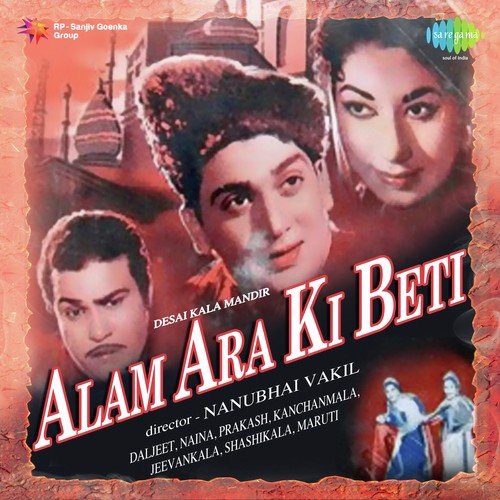
Alam Ara Ki Beti 1960
-
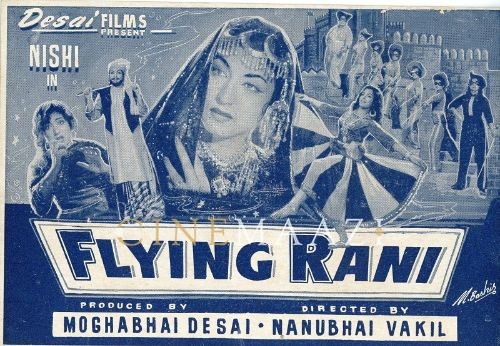
Flying Rani 1959
-
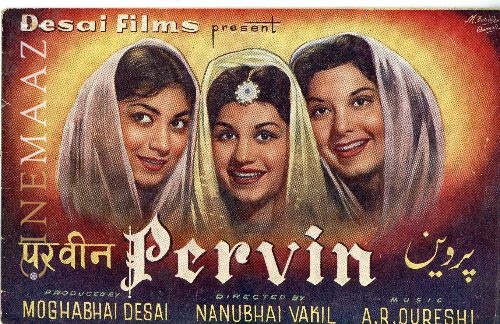
Pervin 1957
-

Bansari Bala 1957
-

Lalkar 1956
-
Lal-E-Yaman 1956
-
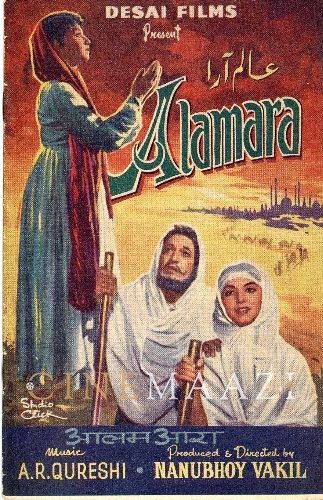
Alam Ara 1956
-
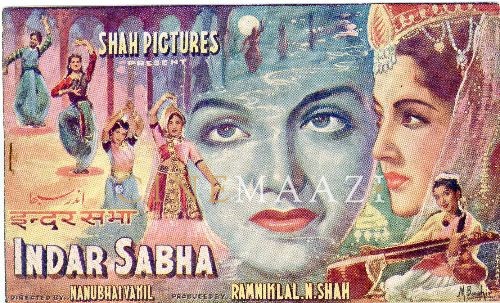
Indar Sabha 1956
-
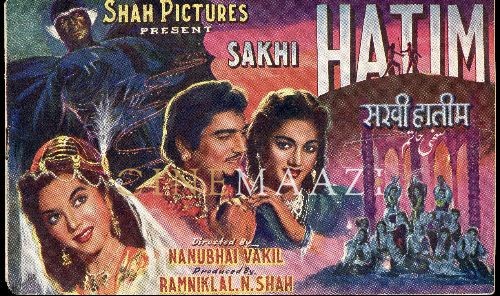
Sakhi Hatim 1955
-

Darbar 1955
-
Haatimtaai Ki Beti 1955
-
Hatimtai Ki Beti 1955
-



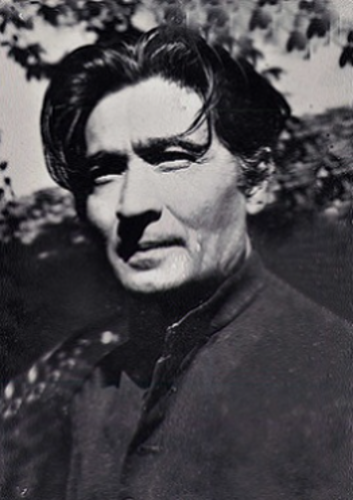
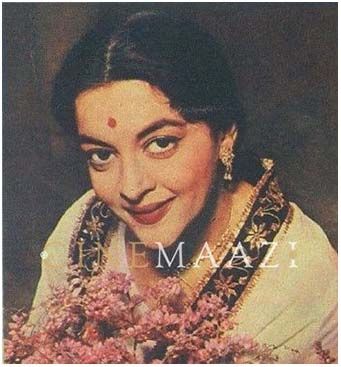
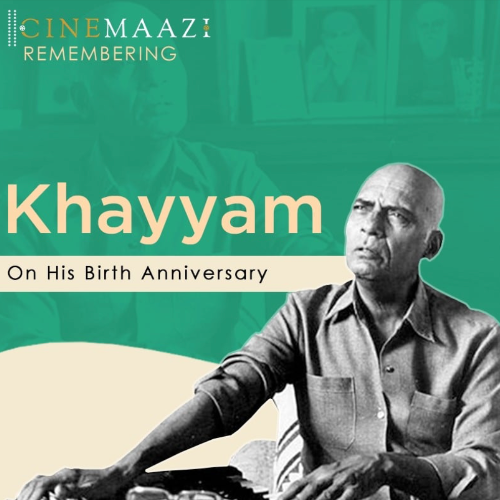


.jpg)



